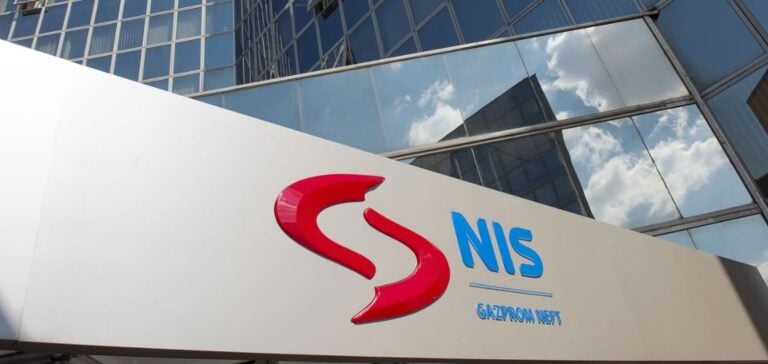Serbian President Aleksandar Vucic announced plans to initiate discussions with Vladimir Putin regarding the withdrawal of Russian stakes in Petroleum Industry of Serbia (NIS), the country’s primary gas supplier. This follows US sanctions aimed at Russian energy firms.
During a press conference, President Vucic stated: “The United States demands the complete removal of Russian interests in NIS. This is not about reducing their shares to 49% or less but entirely eliminating them.” Currently, Gazprom owns 6.15% of NIS, while Gazprom Neft holds 50%, accounting for a total of 56%.
A timeline set by Washington
The sanctions, expected to be implemented by mid-March, put Serbia in a challenging position. Historically reliant on Russian gas imports, Serbia must swiftly secure alternative measures to maintain its energy supply.
To tackle these challenges, the Serbian government has established a coordination body led by Prime Minister Milos Vucevic. This body is focused on securing supplies while conducting complex negotiations with Moscow to renew long-term contracts.
A fragile diplomatic balance
Serbia’s position reflects the growing tension between its historical ties with Russia and international pressures. “Moscow and Washington are dear to Serbia, but our priority remains the interests of Serbian citizens,” Vucic emphasized.
Despite the uncertainties, he reassured the public that there is no immediate threat of shortages, promising “responsible and thoughtful” decisions. This situation underscores Serbia’s need to diversify its energy sources while safeguarding its economic and political sovereignty.






















